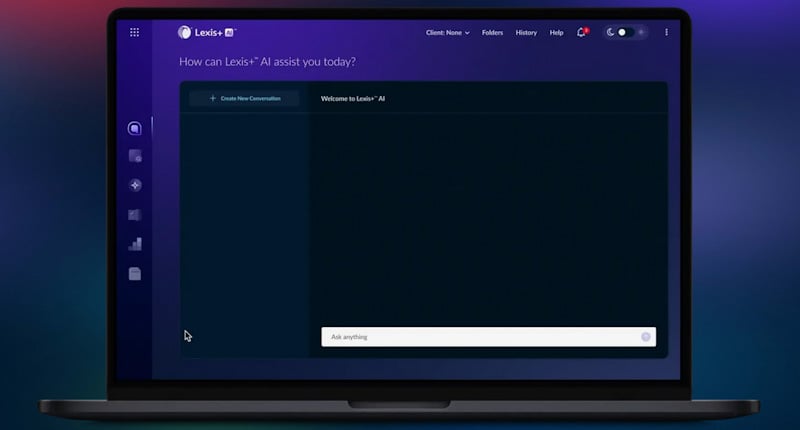ABA steps up calls for increased Legal Service Corp. funding
The number of low-income Americans eligible for federally funded legal assistance is at an all-time high, a fact that gives extra urgency to the ABA’s current push to secure increased funding from Congress for the Legal Services Corp.
The LSC, established by Congress with the ABA’s support 40 years ago to help meet the legal needs of the nation’s poor, provides grants through a competitive process to 134 independent local providers of civil legal services. These organizations, with a total of 800 offices nationwide, serve people in every congressional district in the United States and its territories. Over the years, the LSC has become the single largest funder of civil legal aid for low-income individuals and families in the United States.
Clients include soldiers returning from combat zones, domestic violence victims, individuals facing foreclosure or other housing issues, people coping with the after-effects of natural disasters, low-income military families, seniors, people with disabilities, and parents involved in child custody disputes. Historically, more than two-thirds of the clients at LSC-funded offices are women, many with young children.
Despite the Legal Services Corp.’s efforts, however, limited resources force local offices to turn away more than half of all eligible applicants seeking help, while the number of Americans who qualify for federally funded legal assistance continues to grow. In federal fiscal year 2015, which begins Oct. 1, 2014, the number is expected to reach 67 million individuals, or roughly 21 percent of the U.S. population.
A VICTORY NONETHELESS
The LSC’s funding for fiscal 2014 is $365 million, a $25 million increase over the previous year’s funding, which had been reduced under the sequestration required by the Budget Control Act of 2010. But the current allocation is a reduction from the LSC’s fiscal 2010 appropriation of $420 million. Nevertheless, says ABA President James R. Silkenat, a partner at Sullivan & Worcester in New York City, Congress’ continuing bipartisan support for the LSC is “a major victory for access to justice for all Americans.”
ABA efforts to support legal services to the poor began in 1920 with the establishment of the Standing Committee on Legal Aid and Indigent Defendants. In 1965, a federal legal services program was launched as part of the Office of Economic Opportunity at the urging of then-ABA President Lewis F. Powell Jr., who later became a Supreme Court justice. Congress established the LSC in 1974.
Even though the LSC has been targeted for elimination several times over the years by some members of Congress and has suffered drastic budget cuts, it has survived with the help of a coordinated grassroots effort led by the ABA and state and local bar associations. Every year, the ABA identifies the LSC as a legislative priority and features it as a top issue during ABA Day in Washington, an annual event that brings bar leaders from across the country to lobby their members of Congress on issues of importance to the legal profession.
As Congress began the appropriations process this spring for fiscal 2015, the LSC requested $486 million, and President Barack Obama included $430 million for the corporation in his proposed budget. This amount includes $4.9 million for the Pro Bono Innovation Fund, a competitive grant program established this year to support new and innovative pro bono initiatives around the country. The LSC also is among the programs that may receive additional funding through the president’s proposed Opportunity, Growth and Security Initiative.
“The ABA understands that federal funding must be carefully apportioned among many worthwhile programs, and that the government has serious budgetary limitations,” says Silkenat, who submitted statements to the House and Senate appropriations committees. “At the same time, the responsibility for providing justice is an obligation of government referenced in the preamble of the U.S. Constitution. The need for increased funding for LSC is paramount. For justice to prevail, access to justice must be universal.”
This article originally appeared in the May 2014 issue of the ABA Journal with this headline: “Harsh Reality: As more Americans qualify for free civil legal services, the ABA steps up calls for increased LSC funding.”
This report is written by the ABA Governmental Affairs Office and discusses advocacy efforts by the ABA relating to issues being addressed by Congress and the executive branch of the federal government. Rhonda McMillion is editor of ABA Washington Letter, a Governmental Affairs Office publication.



